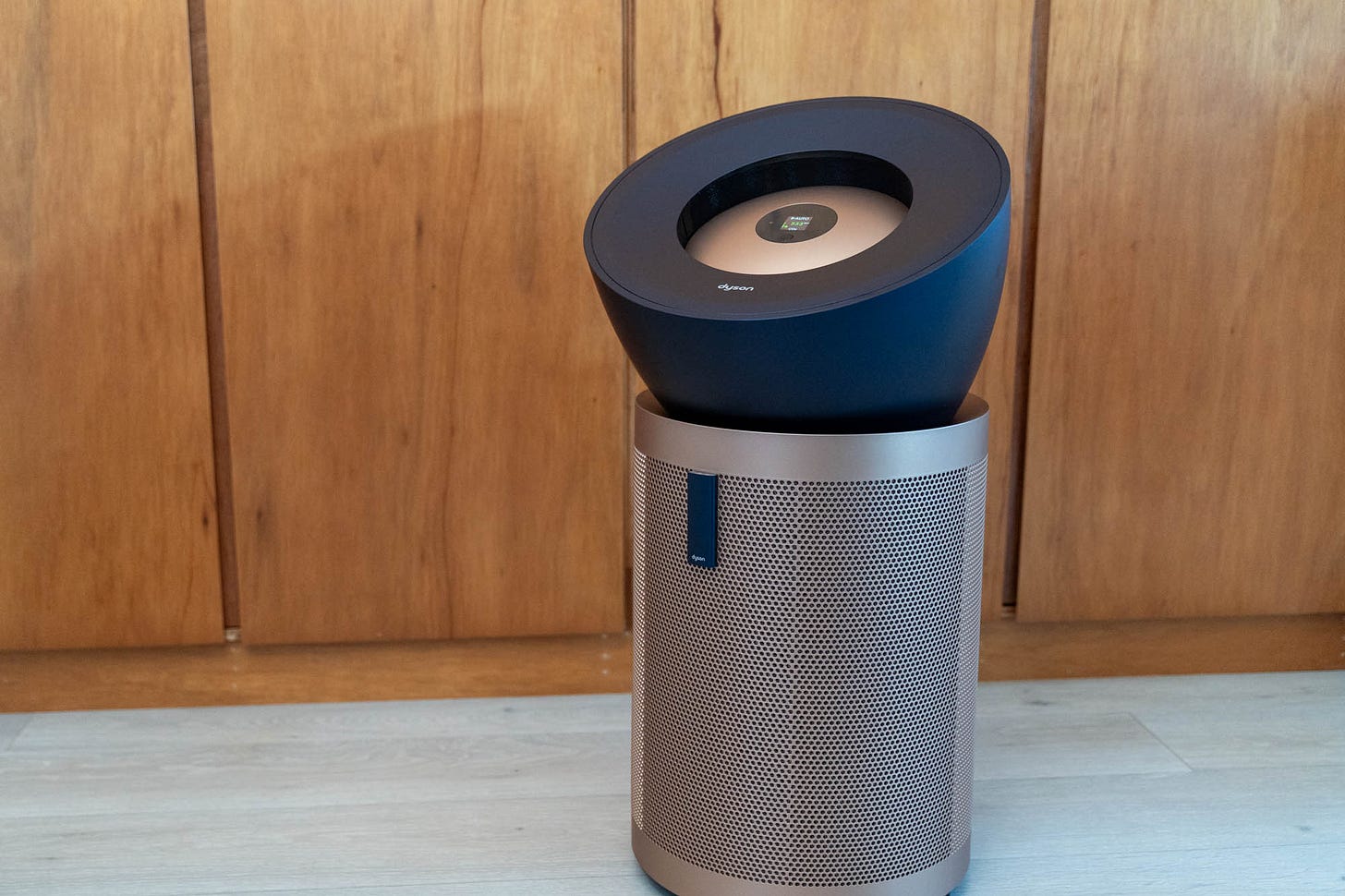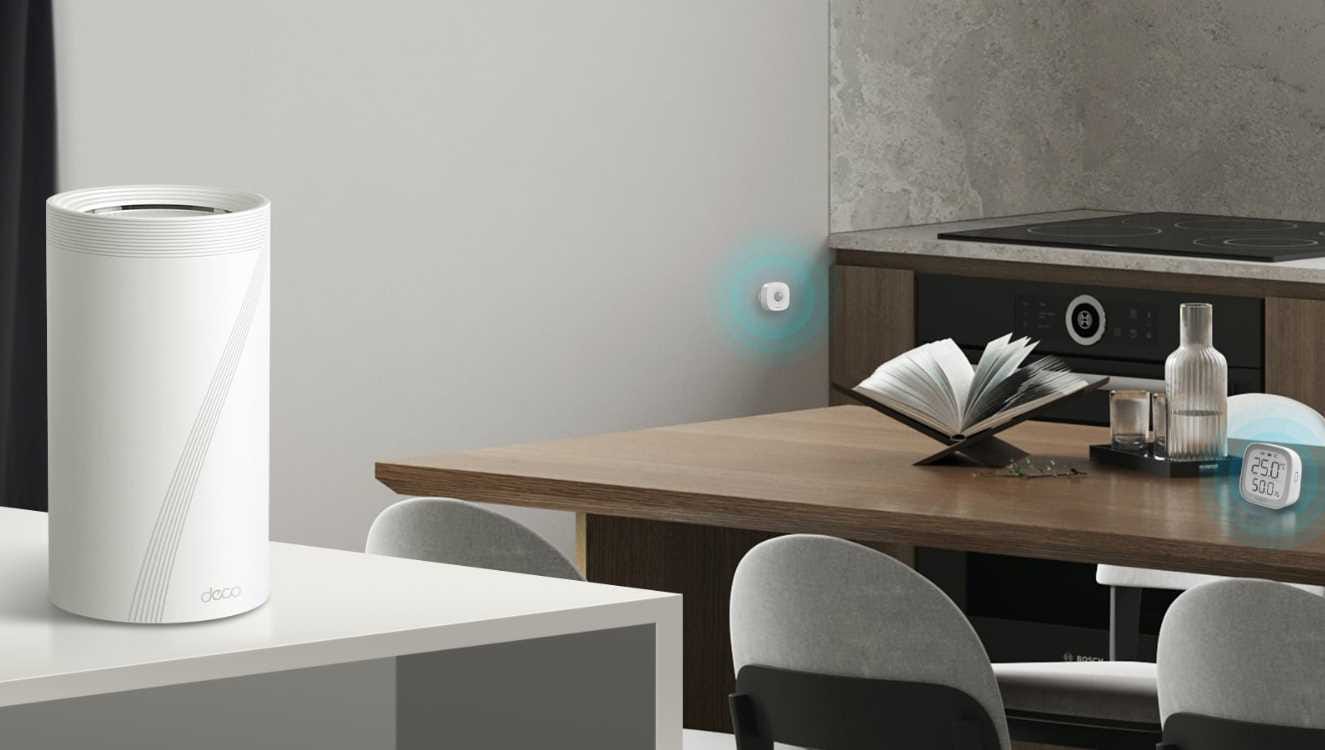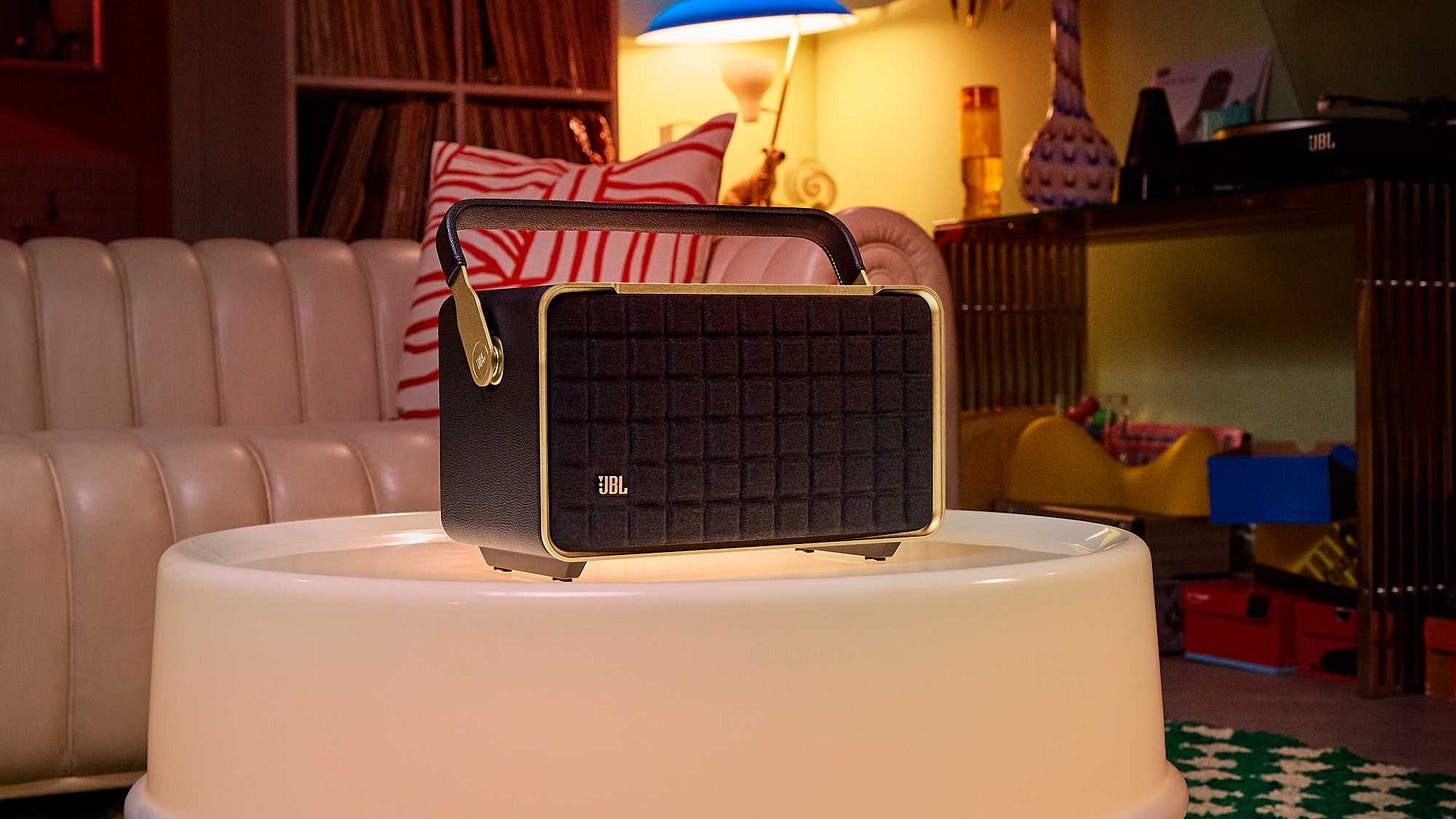How soon before AI referees
Fans will still be unhappy, but at least the AI will take the heat
If you’re a fan of the English Premier League, you’ll often hear this phrase — consistency — being brought up by pundits and fans about football officiating. In this VAR (Video Assistant Referee) era, every refereeing decision is scrutinised in micro-detail. For instance, some Arsenal fans were incensed when the referee for their recent game against Aston Villa didn’t award a penalty for Arsenal. A similar foul had resulted in a penalty in an earlier EPL game that same day. No wonder, football refereeing has been described as one of the toughest jobs in sport.
But guess what, humans are fallible. And despite following the same rule book, they also may have different interpretations about what is or is not a foul. Or a penalty. Or a red card. These are often subjective calls, and while the referees do get it wrong sometimes, they are really in a no-win situation here.
Which is a roundabout way of talking about Google’s latest Gemini AI, which was launched last week. While generative AI have been in the headlines, companies like OpenAI and Google are already working on multimodal AI models that can process images, text, audio, and video. Although Google’s Gemini demo has drawn some flak, there’s no doubt that we’re heading towards AI models that can observe with all its “senses”, and make human-like deductions from its inputs.
Now imagine training an AI to make football refereeing decisions. You could keep the on-field human referee, but have an AI model acting as the VAR. On paper, this could do away with human errors and subjectivity. No more conspiracy theories that Referee X favoured Team Y because he grew up in the same city. We should end up with more consistent decisions because the human referee is being aided by a single AI system. Some competitions already use a semi-automated system for offside decisions, so it’s not unprecedented. In fact, a football insider thinks that it’s likely to happen.
Of course, fans will still argue and bicker about decisions. And as in other AI domains, there will certainly be questions about the data used to train the AI model. But at least, the target of their ire will be the AI, not referees trying to do their jobs.
In our more mundane world of consumer tech, we checked out Dyson’s oversized air purifier, one of the first Wi-Fi 7 routers from TP-Link, and JBL’s new portable smart speaker.
Dyson’s latest air purifier definitely lives up to its name. It’s certainly big, and larger than most air purifiers. More importantly, it’s quiet, even at full power. The MyDyson app is also helpful for knowing the air quality in the room. In addition to the usual PM2.5 and PM10 readings, the Dyson also tracks formaldehyde, CO2, NO2, and VOCs.
The TP-Link Deco BE85 mesh router is ideal for early adopters who can’t wait to try the next Wi-Fi 7 standard. Each BE85 mesh unit also comes with a full complement of Ethernet ports, including two 10Gbps ones. Perfect for users who are considering a 10Gbps fibre broadband plan. However, most consumers should wait till there are more Wi-Fi 7 clients available.
Two voice assistants are better than one? This best describes the JBL Authentics 300, which is unique for enabling Amazon Alexa and the Google Assistant simultaneously. Audio-wise, this smart speaker offers plenty of bass, while trebles are bright and clear. Battery life, though, isn’t the best for a portable, albeit hefty speaker.




